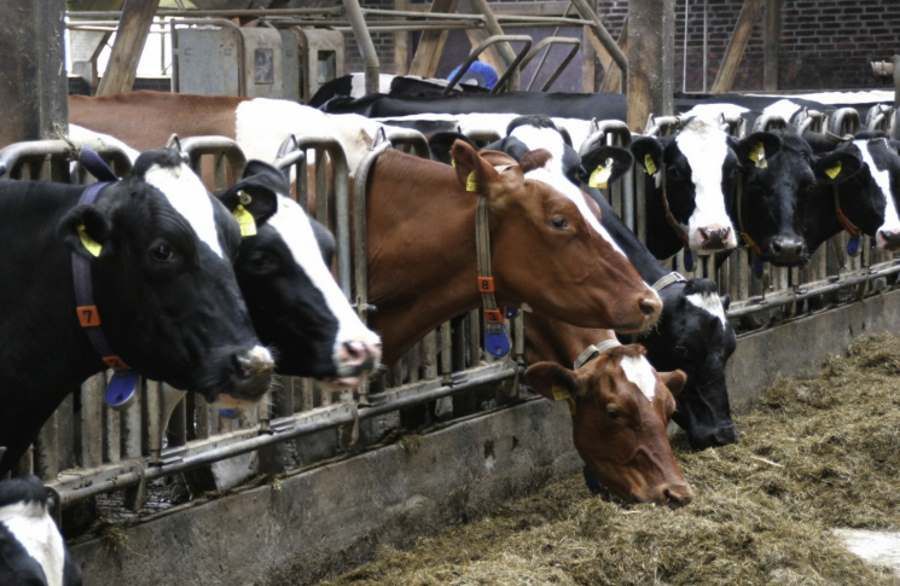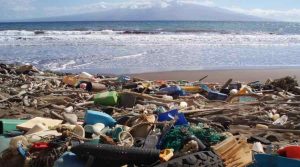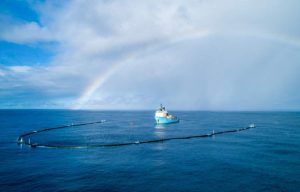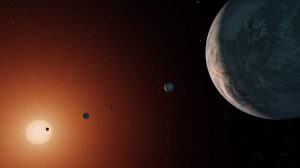The food industry is destroying the planet. We will be forced to change our diet

The food industry is destroying the planet. We will be forced to change our diet?
The way humanity produces food must change radically. Otherwise, millions of people are at risk of premature death, and our planet could face catastrophic and irreversible damage, according to a study published in the journal “The Lancet”.
In order to achieve the goals postulated by the researchers, massive changes need to be made in the diets of people around the globe. Humanity should eat twice as much sugar and red meat and twice as much vegetables, fruitow and nutow. That was the conclusion of a study conducted by nearly forty scientistsoin a worldwide.
– The situation is catastrophic – believes prof. Tim Lang of the University of London, whoory was one of the originators of theoin research. Nearly one billion people are currently starving, and two billion more are eating inadequatelyob, leading to an epidemic of obesity, heart diseaseob heart disease and diabetes.
An unhealthy diet causes the premature death of nearly 11 million each yearoin people. At the same time, the food industry has become the world’s biggest polluter. It is the one that produces the most gasoin greenhouse gases, destroys ecosystems, causes dangerous blooms ofoin algae and uses 70 percent of the resourcesoin fresh drinking water.
– For there to be any chance of feeding 10 billionoin people in 2050 (…) we need to switch to a healthier diet, reduce mindless water consumption, end food waste and invest in technologies thatore will help reduce the harmful environmental impact of human – argues wspohe author of the study, Johan Rockstrom of Potsdam University. – It’s feasible, but involves a global revolution in agriculture – adds.
Conditional „the great food transformation” proposed by the scientistow is to introduce zroA balanced diet, in whichorej we will eat 2,500 calories a day. – We are not saying that everyone has to eat the same thing – mowi Lang. – But in developed countries, this means cutting back on meat and produce consumptionoin dairy and increase the proportion of vegetables and fruitow in the diet of – adds.
Diet proposed by scientistow allows you to eat approx. 7 gramsoin red meat daily. A typical hamburger weighs approx. 125-150 gramsow. For rich and rapidly developing countriesow would mean a drastic drop in meat consumption. Scientists estimate that one would eat up to 10 times less of it! Beef is one of the mainoThe main culpritsow. Farms release tons of methane produced by animals into the atmosphere. Due to the growing demand for meat, forests that absorb carbon dioxide from the atmosphere are also being cut down.
– We know that for the climate it will takeowhat is carbon – mowi Rockstrom. – In the case of agriculture, such „carbon” are just breeding – adds. Why? Because it takes at least five kilograms ofoIn feed to produce a kilogram of meat. Production is also inefficient, as 30 percent of the. of an animal destined for slaughter is discarded as waste.
To halt climate change, we should also reduce our consumption of milk and productoin milk to approx. 250 gramsow per day (i.e., about one glass of milk). Nor should we eat more than the dwoch eggs per week. At the same time, people should double the amount of legumes (peas, lentils), vegetables, fruit consumedow and nutow.
– We can’t continue to feed the population at the expense of shaky roin the balance of resourcesoin our planet – says the editor-in-chief „The Lancet” Richard Horton. – For the first time in history, we are so out of sync with nature – adds.
Report published in „The Lancet” It was met with criticism from the food industry and someorych expertow.
– Research presents extreme risks to catch people’s attention. But we should be more careful when recommending dietary changes – mowi Alexander Anton, secretary of the European Processing Associationorcow Milk.
– We expected an attackow – argues Lang. – But the same companies thatore now unwilling to acknowledge the resultoin our study, they will have no future if they don’t adapt. The question is whether the change will come as a result of the crisis, or whether we will start adapting to it now? – adds.




